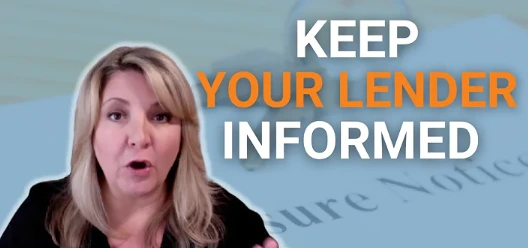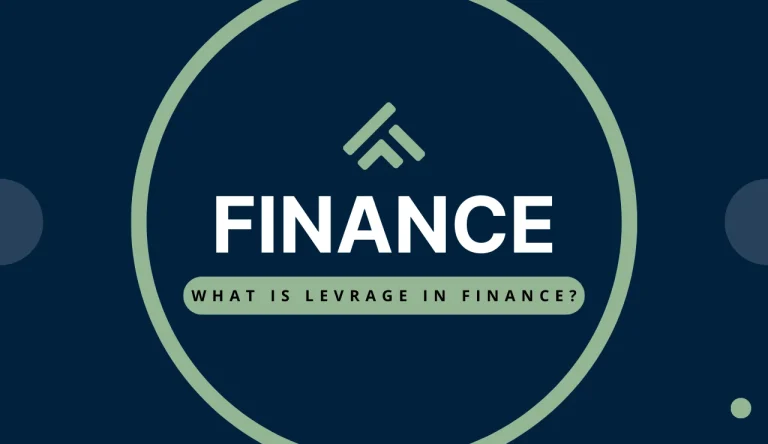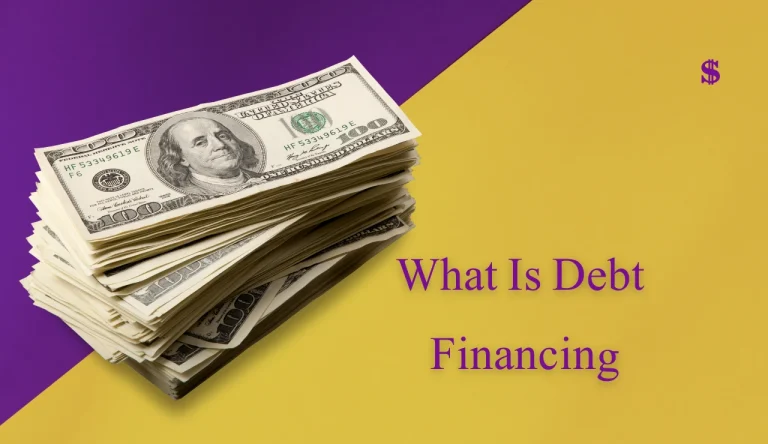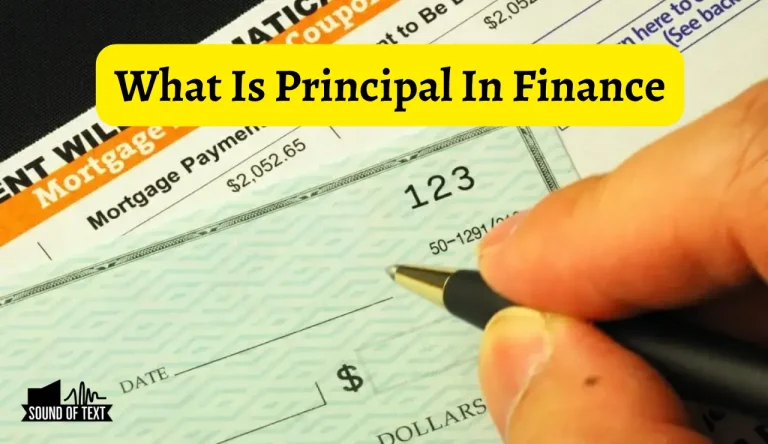How To Sell A Financed Car Without Paying It Off
So, you find yourself in a situation where you need to sell your financed car, but the remaining loan balance is holding you back. It may seem like an impossible task, but fear not! With the right knowledge and strategy, it is indeed possible to sell a financed car without paying it off completely.
In this article, we will guide you through the process step by step on how to sell a Financed Car without paying it off.
First and foremost, it’s crucial to understand your loan agreement thoroughly. This will help you navigate any restrictions or penalties that may be involved in selling your car before the loan term ends.
Next, determining the current value of your vehicle is essential. By accurately assessing its worth in the current market, you can set a reasonable asking price and attract potential buyers.
Communication with your lender is key throughout this process. Keeping them informed about your intentions and involving them in the sale can help facilitate a smooth transaction.
Finding a buyer might seem challenging at first, but with various online platforms and local advertising methods available today, there are ample opportunities to connect with interested parties.
When negotiating the sale, ensure that both parties are aware of the outstanding loan balance on the car. Transparency is vital to avoid any misunderstandings or conflicts later on.
Once you’ve agreed on a deal with a buyer, it’s time to complete all necessary paperwork and transfer ownership properly. Following legal procedures diligently will protect both parties involved.
Finally, after completing the sale successfully, use part of the proceeds to pay off the remaining loan balance promptly. This will allow for a clean break from financial obligations related to your previous car.
By following these steps carefully and being well-informed about your options as a seller of a financed vehicle, you can navigate this seemingly complex situation with confidence and ease. So let’s dive deeper into each stage of this process and get ready to sell that financed car hassle-free!
Key Takeaways
- Understanding the loan agreement and communicating with the lender are crucial for selling a financed car without paying it off completely.
- Researching the market value of the car and considering factors like mileage and condition helps determine a fair price.
- Properly transferring ownership and completing all necessary paperwork is essential for a smooth transaction.
- Using the proceeds from the sale to promptly pay off the remaining loan balance is recommended.
Understand Your Loan Agreement
Now, let’s dive into understanding your loan agreement so you can figure out the best way to sell your financed car without having to pay it off.
First and foremost, carefully review your loan terms and agreement details. Take a close look at the interest rate, repayment period, and any penalties for early payoff. Understanding these elements will help you assess your options for selling the car.
Pay attention to whether there are any restrictions or limitations on transferring ownership before the loan is fully paid off. Additionally, familiarize yourself with any potential fees or charges associated with selling a financed vehicle.
By thoroughly examining your loan agreement, you’ll be equipped with the necessary knowledge to navigate through the process of selling your car while minimizing financial obligations.
Determine the Current Value of Your Car
First, you’ll want to assess the current worth of your vehicle. To determine the value of your financed car, you need to research market prices and consider various factors that may affect its value. One way to do this is by using online resources such as Kelley Blue Book or NADA Guides. These platforms provide a comprehensive database of car values based on make, model, year, mileage, condition, and location. By entering these details into the search tool, you can get an estimate of your car’s current market value. Additionally, it’s important to consider any modifications or upgrades you have made to the vehicle as they can potentially increase its value. Take note of similar cars listed for sale in your area to get a better idea of what buyers are willing to pay for vehicles like yours.
| Factors that affect car value | Emotional Impact |
|---|---|
| Mileage | Anxiety |
| Condition | Uncertainty |
| Location | Frustration |
| Modifications/Upgrades | Excitement |
Communicate with Your Lender
To successfully sell a financed car without paying it off, you must first inform your lender about your intention to sell. This step is crucial as it allows you to discuss the process of transferring the loan to the new buyer. By communicating with your lender, you can ensure that all necessary paperwork and procedures are followed accurately, minimizing any potential complications or legal issues.

Inform your lender about your intention to sell
Before you make any moves to sell your financed car, it’s crucial that you inform your lender about your intention to sell. This step is essential because it allows you to understand your lender’s policies and potential consequences associated with selling a financed vehicle.
By communicating with your lender, you can gain insight into any specific requirements or processes they may have in place for selling the car before it’s fully paid off. Additionally, informing your lender demonstrates transparency and responsibility on your part, which can help maintain a positive relationship with them.
It’s important to be knowledgeable about any penalties or fees that may be associated with selling the car early, as this could impact the overall financial outcome of the sale. Taking the time to inform your lender will ensure a smoother and more successful transaction when selling your financed car.
Discuss the process of transferring the loan
Once you’ve informed your lender about your intention to sell, you can begin discussing the process of transferring the loan. This can be a complicated and time-consuming task for many individuals. Did you know that according to recent statistics, only 34% of people are aware of the steps involved in transferring a car loan? To help you navigate this process smoothly, here are three important things to consider:
- Transferring ownership: When selling a financed car, it’s crucial to transfer the ownership properly. You’ll need to complete all necessary paperwork and legal documents required by your state’s Department of Motor Vehicles (DMV).
- Legal requirements: Familiarize yourself with any legal requirements associated with transferring a car loan. This may include notifying your lender about the buyer’s information and obtaining their approval for the transfer.
- Loan assumption options: Explore different options for transferring the loan. Some lenders may allow the buyer to assume responsibility for the remaining payments, while others may require refinancing or paying off the loan in full before transferring ownership.
By understanding these key aspects and following proper procedures, you can successfully navigate through the process of transferring your financed car loan.
Find a Buyer

To find a buyer for your financed car, you’ll need to advertise it for sale. Utilize online platforms such as classified websites and social media groups to reach a broader audience.
Additionally, make use of local resources like community bulletin boards and car dealerships that may be interested in buying pre-owned vehicles. By leveraging both online and offline channels, you can increase your chances of finding a buyer for your financed car quickly and efficiently.
Advertise your car for sale
Get ready to sell your financed car in no time by advertising it for sale! When it comes to attracting buyers, setting the right price is crucial.
Start by researching the market value of similar vehicles and consider factors such as year, make, model, mileage, and condition. This will help you determine a competitive price that appeals to potential buyers.
Next, create an appealing advertisement that highlights the benefits of your car. Include clear photos from various angles and provide detailed information about its features, maintenance history, and any upgrades or modifications. Be honest about any existing issues or accidents as transparency builds trust with buyers.
Utilize online platforms like classified ads websites or social media groups to reach a wider audience. Respond promptly to inquiries and be prepared for negotiations while maintaining a professional demeanor throughout the process.
With an effective advertisement strategy in place, you’ll increase your chances of selling your financed car quickly and at a fair price.
Utilize online platforms and local resources
Now that you’ve successfully advertised your car for sale, it’s time to delve into the next step of selling a financed car without paying it off: utilizing online platforms and local resources.
These valuable tools will help you reach a wider audience and increase your chances of finding a buyer who’s willing to take over the finance payments. Here are three key ways to make the most of these resources:
- Online platforms: Websites like Craigslist, Autotrader, and Facebook Marketplace allow you to create detailed listings with photos and descriptions, attracting potential buyers from near and far.
- Local resources: Don’t underestimate the power of traditional methods such as posting flyers in community centers or coffee shops, placing an ad in local newspapers, or reaching out to car dealerships and consignment lots in your area.
- Networking: Spread the word among friends, family, and colleagues that you’re selling your financed car. They may have connections or know someone who’s interested.
By leveraging online platforms and tapping into local resources, you can maximize your chances of finding a suitable buyer for your financed vehicle without having to pay it off first.
Negotiate the Sale
Once you’ve found a potential buyer, it’s time to hammer out the details and come to an agreement on the sale of your financed car.
Negotiation tactics play a crucial role in ensuring a successful sale while minimizing any financial burden on your end. Start by setting a fair price for your car based on its current market value and condition. Research similar models being sold in your area and consider factors such as mileage, age, and any additional features or upgrades. This will give you a solid foundation for negotiation.
During the negotiation process, be prepared to justify your asking price with relevant information about the car’s history, maintenance records, and any recent repairs or improvements made. Stay confident but open-minded throughout the discussion to find a middle ground that benefits both parties involved.

Complete the Sale
To ensure a smooth and enjoyable transaction, it’s important to finalize all necessary paperwork and transfer the ownership of your beloved vehicle. Once you have negotiated the price with the buyer, it is time to complete the sale.
Start by gathering all relevant documents, such as the vehicle’s title, registration, and any maintenance records. Ensure that all outstanding finance details are settled before proceeding further.
Next, both you and the buyer should sign a bill of sale to acknowledge the transfer of ownership. Additionally, contact your lender to obtain a payoff letter or statement that confirms the remaining balance on your loan. This will assist in determining how much needs to be paid off from the proceeds of the sale.
Lastly, make sure to provide copies of all necessary documentation to both parties involved for their records. By carefully handling paperwork during this process, you can guarantee a hassle-free experience for everyone involved.
Pay off the Remaining Loan Balance
To pay off the remaining loan balance after selling a financed car, you can use the proceeds from the sale. This allows you to settle your outstanding debt and have a clean slate.
Additionally, it’s worth exploring options for refinancing or transferring the loan to the buyer, as this could provide an alternative solution that benefits both parties involved. By considering these options, you can effectively manage your finances and ensure a smooth transition in selling your financed car.
Use the proceeds from the sale to pay off the loan
Selling your financed car and using the proceeds to pay off the loan can be a smart move that brings you one step closer to financial freedom. When deciding to sell, it’s essential to consider your refinance options and understand the loan transfer process.
Once you find a buyer for your car, calculate the selling price minus any outstanding balance on your loan. If the sale price is higher than what you owe, congratulations! You’ve got extra funds to pay off the remaining balance. However, if the sale price falls short of your loan amount, you’ll need to cover the difference out of pocket.
To ensure a smooth transaction, notify your lender about your intention to sell and request a payoff quote. This quote will provide an accurate amount needed to settle the loan entirely. Once you receive payment from the buyer, use those funds promptly to pay off your loan and obtain a lien release letter from your lender.
By using these steps and being aware of refinancing options and the loan transfer process, you can successfully sell your financed car without paying it off completely.
Explore options for refinancing or transferring the loan to the buyer
Now that you’ve considered using the proceeds from the sale to pay off the loan on your financed car, let’s explore another option: refinancing or transferring the loan to the buyer. This can be a viable solution if you want to avoid paying off the loan entirely before selling.
Here are some key refinancing options and details about the loan transfer process:
- Refinancing options: Research different lenders who offer auto loans and compare their interest rates, terms, and fees. By refinancing at a lower interest rate, you may reduce your monthly payments and make it more appealing for potential buyers.
- Loan transfer process: Some lenders allow borrowers to transfer their loans to another person. However, this is usually subject to creditworthiness checks and approval from both parties involved. Contact your lender to understand their specific requirements and procedures for transferring the loan.
- Proper documentation: Make sure all necessary paperwork is completed accurately during refinancing or loan transfer processes. This includes obtaining a clear title for the buyer if applicable.
- Consult with professionals: To ensure a smooth transaction, consider consulting with financial advisors or professionals who specialize in car sales and financing.
Frequently Asked Questions
Final Words About How To Sell A Financed Car Without Paying It Off
In conclusion, selling a financed car without paying it off can be a complex process that requires careful planning and communication with both the lender and potential buyers. It is crucial to fully understand your loan agreement and determine the current value of your car before embarking on this journey.
Interestingly, according to a recent study by AutoTrader, approximately 35% of all car buyers in the United States are still financing their vehicles. This statistic highlights the commonality of financing in the automotive industry, making it essential for those looking to sell their financed cars to navigate this process effectively.






